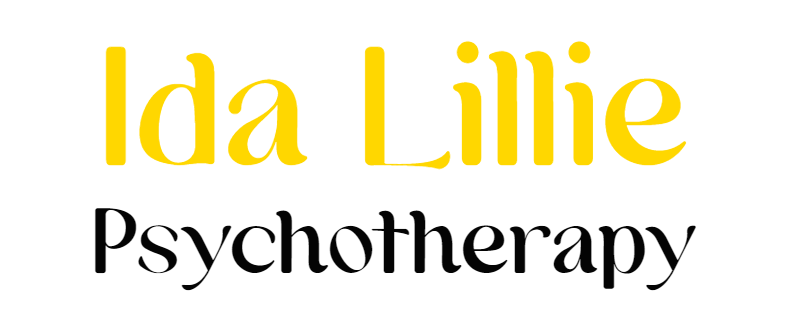When Your Inner Critic Gets Loud
You know that voice in your head that says things like:
“Why did you say that?” “
You’re so behind.”
“Everyone’s going to think you’re a mess.”
Yeah. That one.
That voice — your inner critic — can feel like it’s trying to help, but often ends up leaving us stuck in shame, self-doubt, or spirals of overthinking.
So what are you supposed to do when your inner critic gets loud?
First, Know This: You’re Not Broken
That harsh voice isn’t proof that something’s wrong with you. In fact, it usually developed as a survival strategy. Somewhere along the way, being hard on yourself may have felt like the safest way to stay motivated, stay accepted, or stay out of trouble.
But what helped you survive isn’t always what helps you thrive. And if that voice is keeping you from growing, connecting, or feeling at peace — you’re allowed to change the relationship you have with it.
A DBT-Informed Shift: Name It, Then Choose How You Relate to It
In Dialectical Behavior Therapy (DBT), one skill we use often is Mindfulness of Current Thoughts. This means learning to observe your thoughts without automatically believing or obeying them.
When your inner critic pipes up, you might try:
- “I notice I’m having the thought that I messed everything up.”
- “That’s my perfectionist voice again — it’s loud today.”
- “This is shame talking, not truth.”
By naming the critic as a voice, a thought, or a pattern, you create some space. From that space, you get to choose a different response.
Try This Instead: Self-Talk Rooted in Compassion
You don’t have to silence the critic — but you can speak to yourself differently.
Here are a few gentle alternatives you can try on:
- “I’m allowed to make mistakes and still be worthy.”
- “I’m doing the best I can with what I know right now.”
- “It’s okay that I’m learning. I don’t have to have it all figured out.”
Compassionate self-talk isn’t about being delusional or overly positive. It’s about being honest and kind — because you deserve both.
You’re Not Alone
Most of us have an inner critic. What matters is how we relate to it. And if this is something you’re working on, you don’t have to do it alone.
At Ida Lillie, we support people in shifting their inner dialogue with tools like mindfulness, DBT skills, and self-compassion practices. You can unlearn the shame, and rewrite the story.







